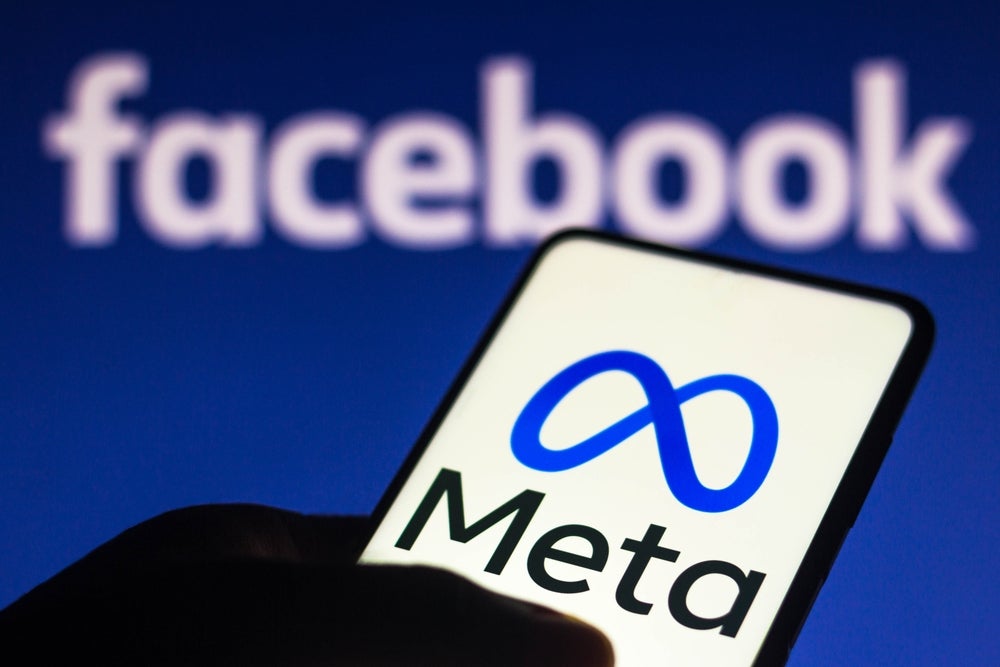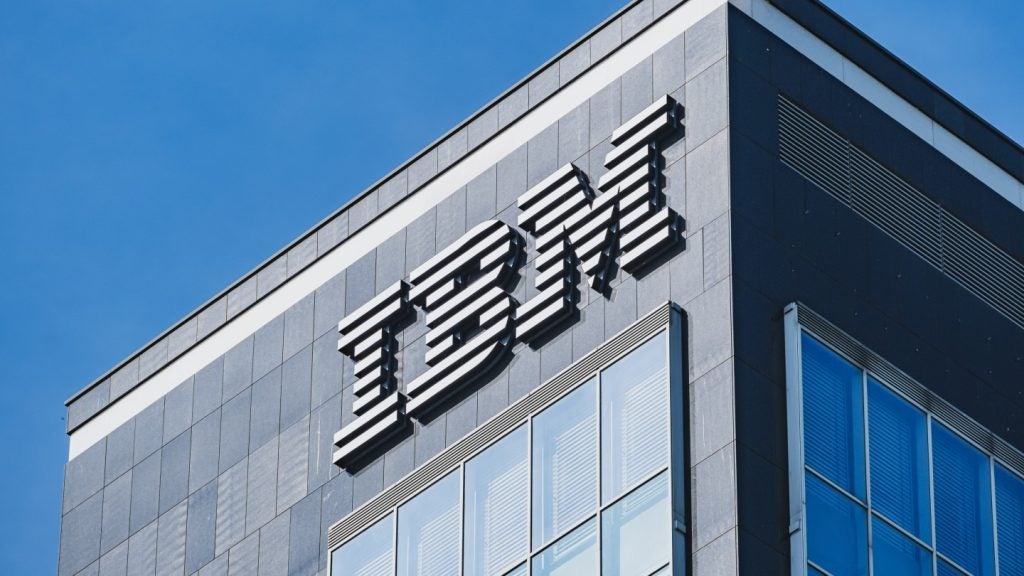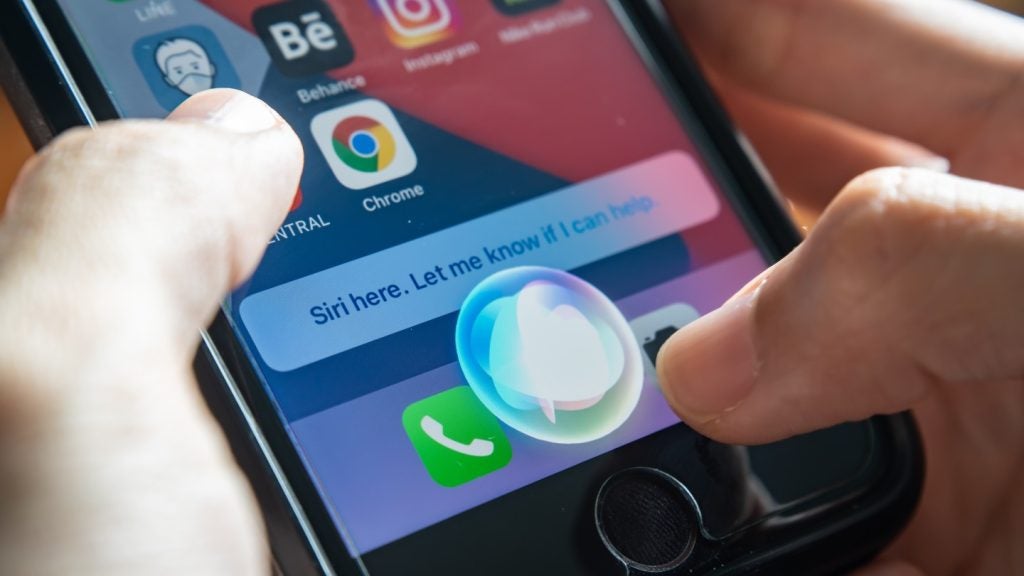
Meta has announced it will be blocking political campaigns and many regulated industries from using its generative artificial intelligence (GenAI) tools.
The move comes after lawmakers and experts around the globe have warned that the emerging technology has the ability to spread election misinformation.
But the move is not limited to political campaign advertising. Advertisers running campaigns for “housing, employment or credit or social issues, elections, or politics, or related to health, pharmaceuticals or financial services,” will not be permitted to use the features, the company said in an update.
Last month, Meta announced it would be giving more advertisers’ access to its AI-powered advertising tools that can carry out image corrections, create backgrounds and make variations of the same ad copy.
Initially rolled out to a small group of advertisers, the company said it was on track to release the tools to all advertisers by Spring 2024.
The release of OpenAI’s ChatGPT chatbot, has pushed Big Tech companies like Meta to release their own generative AI products to the public.
How well do you really know your competitors?
Access the most comprehensive Company Profiles on the market, powered by GlobalData. Save hours of research. Gain competitive edge.

Thank you!
Your download email will arrive shortly
Not ready to buy yet? Download a free sample
We are confident about the unique quality of our Company Profiles. However, we want you to make the most beneficial decision for your business, so we offer a free sample that you can download by submitting the below form
By GlobalDataGoogle, the biggest digital advertising company in the world, announced its own generative AI ad tools last week. A spokesperson told Reuters that the company would be blocking a list of “political keywords” from being used in the prompts.
Generative AI could further exacerbate the challenge of deepfakes: visual or audio content that is manipulated or generated using AI to deceive the audience, Eren Cicyasvil, analyst at research company GlobalData said.
Unlike previous forms of special effects, deepfakes are increasingly hard to distinguish from the real thing, Cicyasvil added.
Back in March, Tesla, X and SpaceX CEO Elon Musk and Apple co-founder Steve Wozniak signed an open letter called “Pause Giant AI Experiments: An Open Letter”, which highlighted how generative AI can help exacerbate the spread of misinformation.
The letter argued that AI labs should hold off on their work on AI that is more advanced than OpenAI’s GPT-4 for a brief period due to safety concerns.







